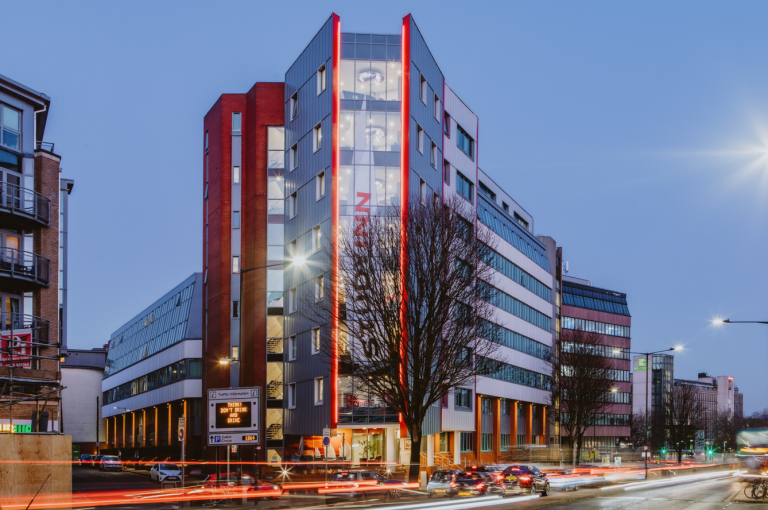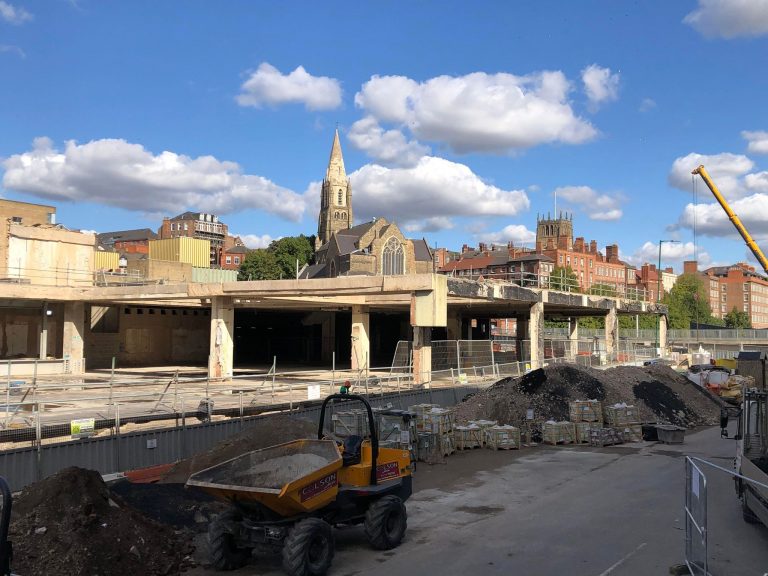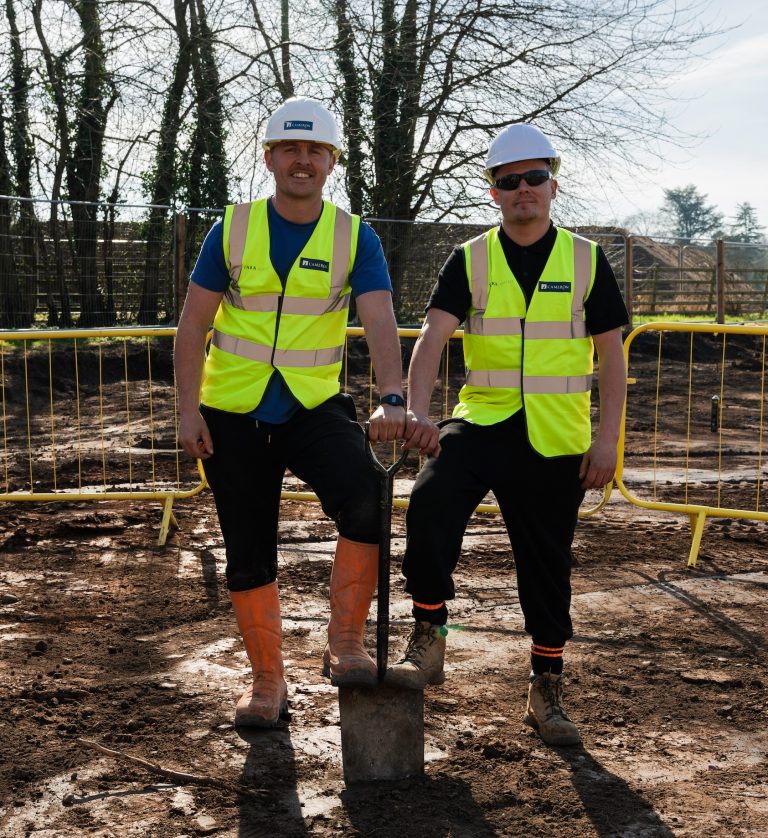The Whitton Gardens and Baltic Mill regeneration projects in Gainsborough are nearing completion, with work expected to finish this spring.
At Whitton Gardens, the former riverside WC block is being converted into a café. Belton Construction teams are replacing the roof, installing internal walls, and beginning electrical work. The project is on track for completion in May, and West Lindsey District Council is working with property advisors Bruton Knowles to secure an independent operator for the café.
The Baltic Mill site is being redeveloped into a green public space by the riverside. Once construction is finished, the area will remain fenced off until May to allow newly planted greenery to take root.
Local council leaders have praised the progress, highlighting the projects’ role in enhancing community spaces and supporting local businesses.












